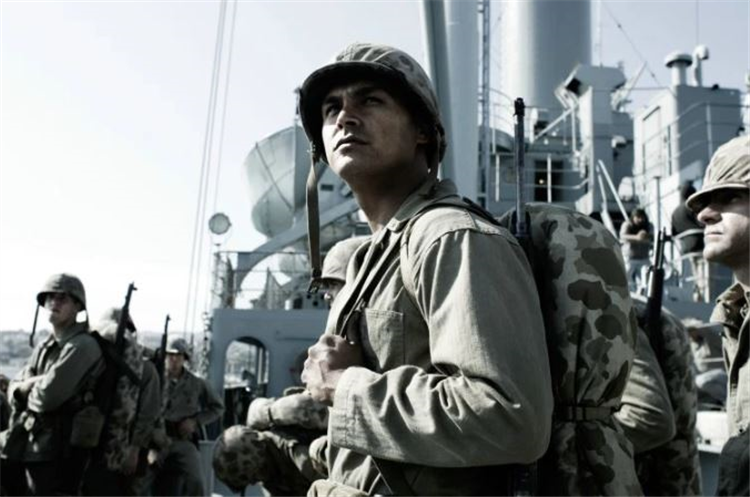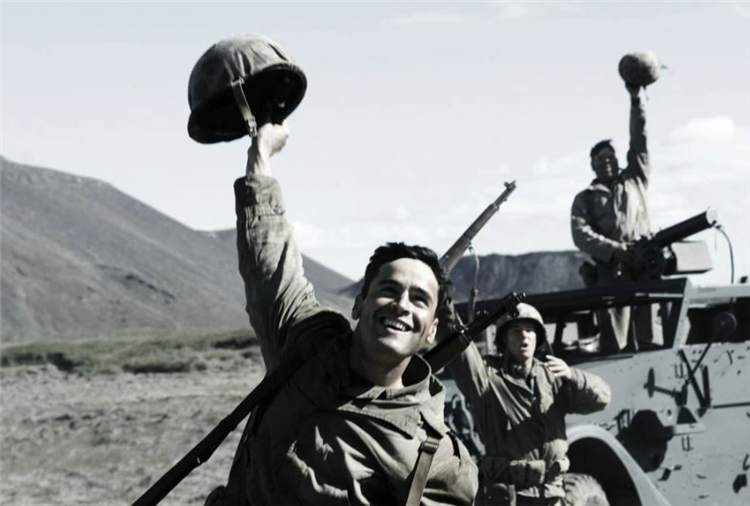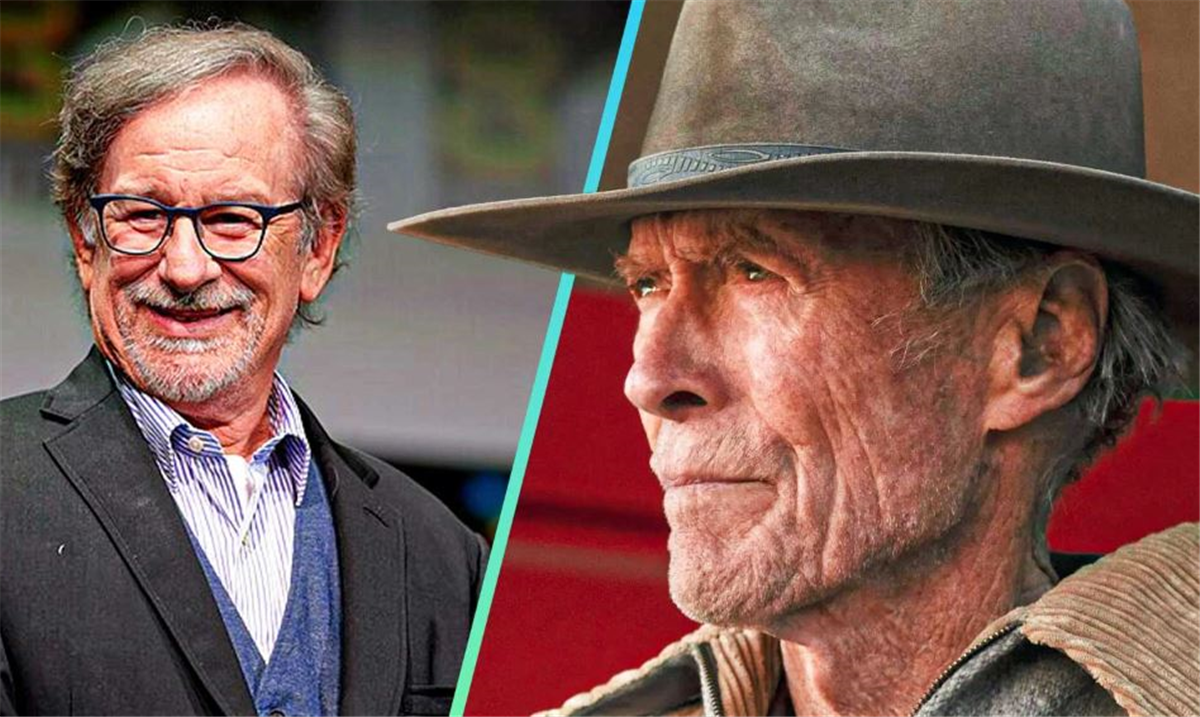Clint Eastwood’s Flags of Our Fathers is a jarring and skeptical tale of war but without Steven Spielberg’s blessing, it wouldn’t have come to pass.
With a career spanning 70 years and with 11 Oscar nominations (of which he won 4) to his name, Clint Eastwood has transcended from his role as the Man With No Name to a man of many talents. Immortalized by his work in Hollywood as an actor-director-producer, Eastwood remains one of the few artists hailing from the black & white era of cinema who are still relevant to the industry today.
As the oldest recipient of a Best Director Oscar at age 74, Eastwood has a full-circle career to reflect on with a lot of overdue leisure time to cash in. However, along with visionaries like Scorsese, Spielberg, and Coppola, the legend of the Spaghetti Westerns shows no sign of stopping now, despite being 94 years old.
Clint Eastwood Brings the Iwo Jima Portrait to Life

A picture that can only be described as one of the most patriotic, moving, and venerable representations of war through the eyes of the soldiers fighting on the frontlines, Raising the Flag on Iwo Jima was photographed by Joe Rosenthal, thereafter immortalizing 6 soldiers on Mount Suribachi during the Second World War on a small Japanese island in the Pacific Ocean.
The photograph, taken on 23rd February 1945, later won the Pulitzer Prize, was placed under a special investigation by military officials and the Associated Press in Washington, became the subject of life-long controversy, a media ruckus, a book, and several movie adaptations, and for many years, it was also the biggest-selling stamp in the history of the US Post Office after Congress itself pushed for its publication by going against the law which states: “No living person(s) can appear on a US stamp.”
It was this image that influenced thousands of soldiers, millions of people, and the director Clint Eastwood whose only principle in selecting a script worthy of his time is that it should move him personally. 61 years after the flag-raising, a veteran Old West legend picked up the story, and composed a film that went on to earn 2 Academy Award nominations.
Steven Spielberg Lets Clint Eastwood Score a Win

If John Wayne is the godfather of American Westerns, Steven Spielberg is surely the purveyor of World War movies. However, Iwo Jima is the one event that managed to escape Spielberg’s to-do list. In the meanwhile, Eastwood was personally captured by the novel about the battle written by Ron Powers and James Bradley, the son of one of the flag raisers photographed by Rosenthal.
Speaking of the film, Eastwood revealed during an interview with Female:
I had tried to buy this book sometime earlier and DreamWorks had bought it and I ran into Steven Spielberg and he said, “Why don’t you come over and direct this film?” I told him I liked the book very much, we shook hands, and I said, “Yes, I’ll do that.” He didn’t have a screenplay he was happy with, so we had to kind of start from scratch.
While getting the movie made, Clint Eastwood was struck by how the novel’s perspective on war stood out from every other account of war that had been adopted before. As the film critic Richard Roeper wrote in the Chicago Sun-Times: “Flags of Our Fathers is a patriotic film in that it honors those who fought in the Pacific, but it is also patriotic because it questions the official version of the truth, and reminds us that superheroes exist only in comic books and cartoon movies.”
Eastwood himself claimed:
There’s never been a story on Iwo Jima, even though it was the biggest marine corps in marine corps history. What intrigued me about it was the book itself and the fact that it wasn’t really a war story, but I liked this because it was just a study of these people, and I’ve always been curious about families who find out things about their relatives much after the fact.
Originally set to be directed by Steven Spielberg, Clint Eastwood found himself being personally invested in the story, going so far as to shoot two films back-to-back on the story: Flags of Our Fathers from the American perspective and its companion film, Letters From Iwo Jima shot in the Japanese language and from the Japanese standpoint. The latter became more profitable at the box office.
